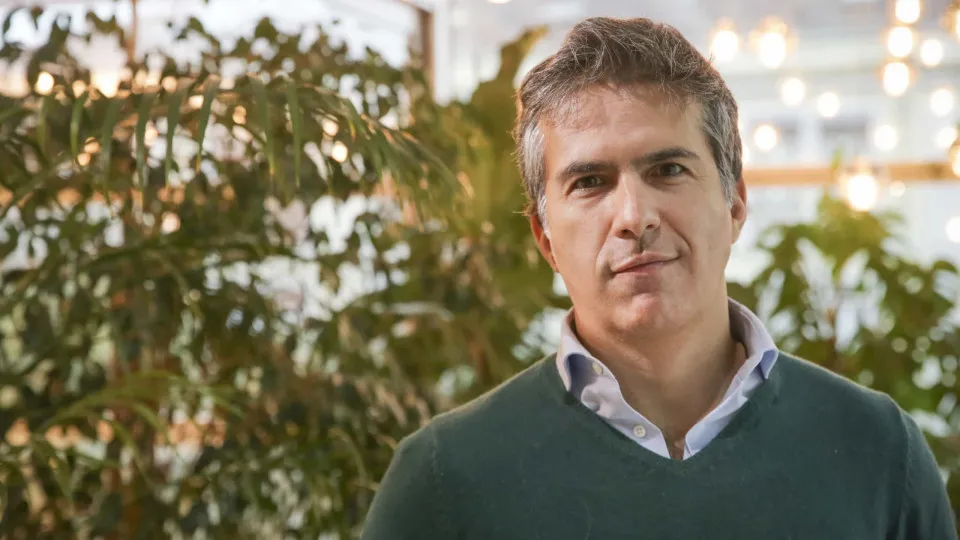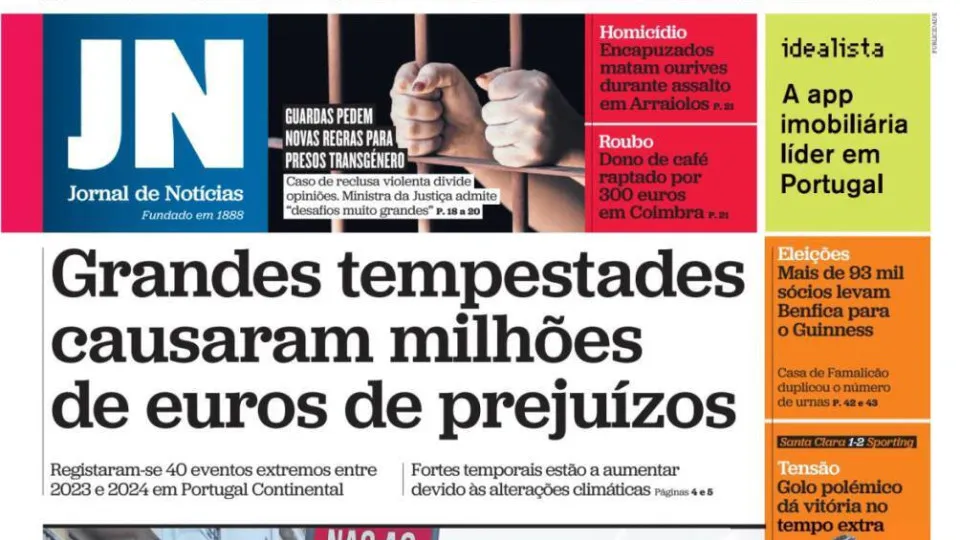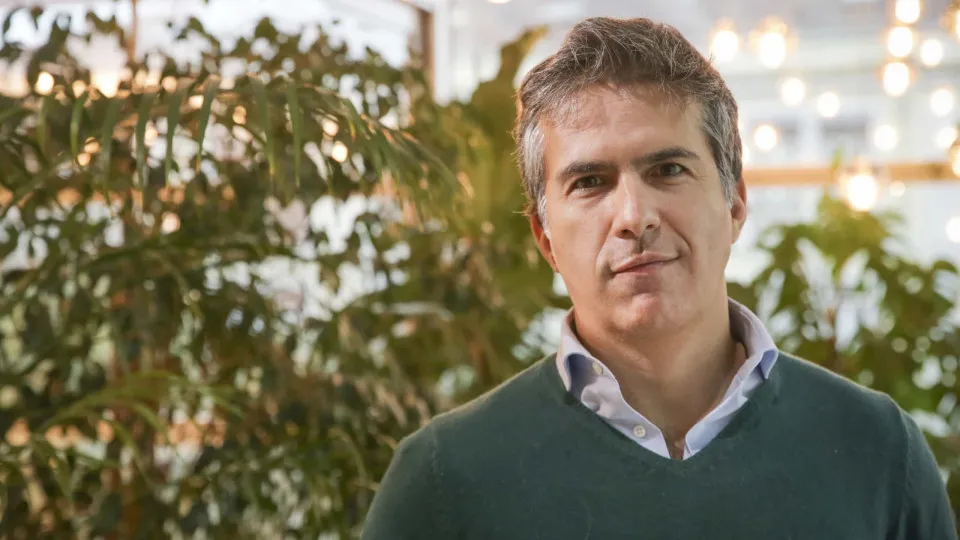
“There is a certain illusion among people, even in the debates I engage in about this topic,” states the author of the book Algoritmocracia, which is going into its second edition, as they discuss public perceptions of political content. “People claim: no, I’m not only confronted with politicians I like, it’s not true that I am encapsulated in a bubble because I view content from the other political side.”
The content from the opposing political side is either sensible, reasonable, or outright nonsensical, questions the Public Law partner at Pérez-Llorca.
“Being in a bubble doesn’t mean only hearing politicians we like and from our political side. It also means hearing the more caricatured (…), more radical side of the opposite political spectrum so that we build an image of the other side as almost illegitimate, because they say so many absurdities that it seems impossible for a normal person to defend such positions,” they emphasize.
Adolfo Mesquita Nunes explains that “people often do not realize a bubble isn’t about always seeing homogeneous content.”
The bubble “is grouping individuals who are resentful, fearful, or share certain feelings on the same topics,” says the former Secretary of State.
Artificial intelligence comes into play here, “because the algorithms, with the knowledge they accumulate from us” – since more time ‘online’ provides more data – generate “millions of correlations.”
“Performing statistical correlations and hypothesizing if a person likes watching videos about healthy eating, they might like, perhaps, videos about the drawbacks of certain chemicals, and if they like videos on those drawbacks, they might be drawn to videos on natural remedies and skepticism towards science and medicine,” he illustrates.
If one enjoys videos on healthy eating, “statistically, due to algorithmic correlations – backed by studies – it can lead us to content we never requested but will eventually shape our opinions.”
Hence, it is “clear today that there is a certain regression in our relationship with science,” Adolfo Mesquita Nunes notes.
“We’ve never had such access to knowledge, yet science is now so easily discredited,” he laments, pointing out that “an anti-vaccine influencer has as much, if not more, influence than a doctor explaining both the side effects and the benefits of vaccines.”
It becomes “worrisome when falsehoods and truths circulate side by side, or when the algorithmic ecosystem itself promotes falsehoods,” he warns.
This doesn’t happen because the algorithm knows it is a lie. It’s not human and lacks such capacity.
“It merely identifies that the content receives more clicks and thus continues promoting it,” he explains.
So, “if the lie, or the decontextualization, or the half-truth is more enticing, it’s this that the algorithm prioritizes, unaware that it’s false, simply because it has more ‘reach,'” summarizes Adolfo Mesquita Nunes.
As for current regulations in the European Union, this particular issue is not addressed, “it deals with many other important areas, but not here.”




